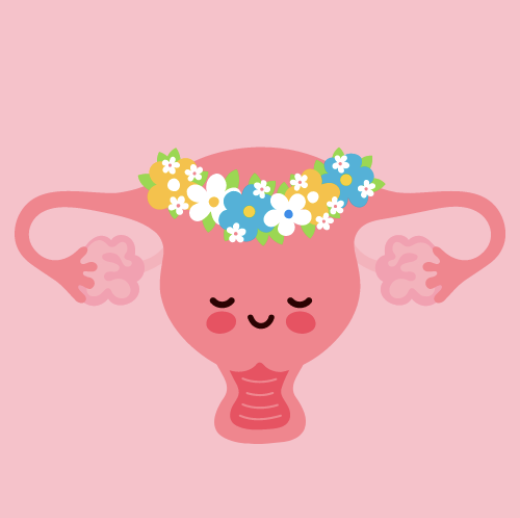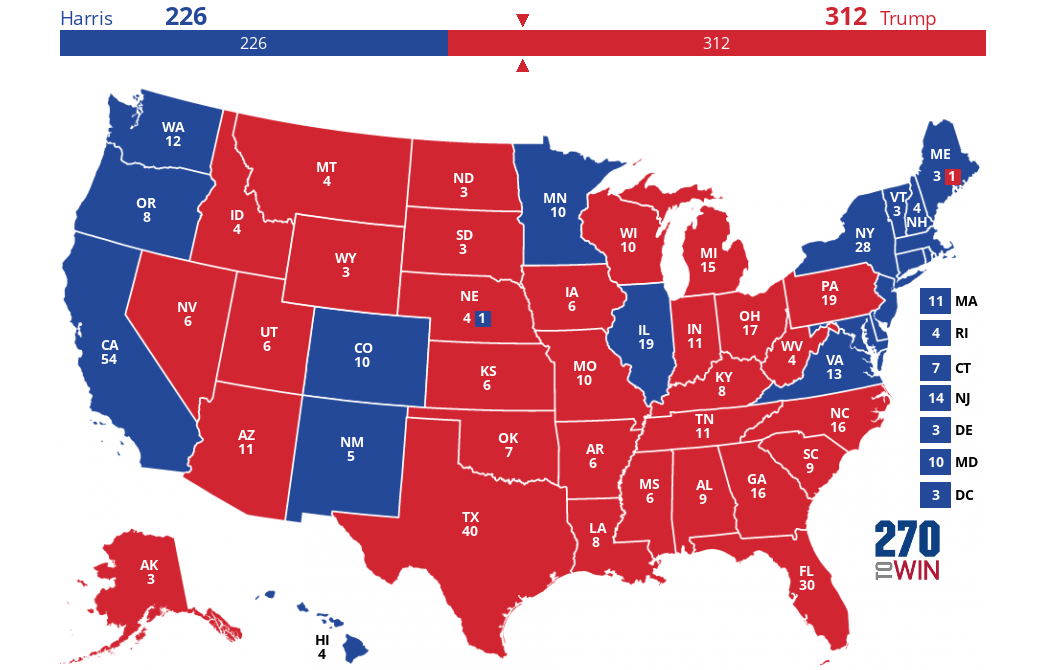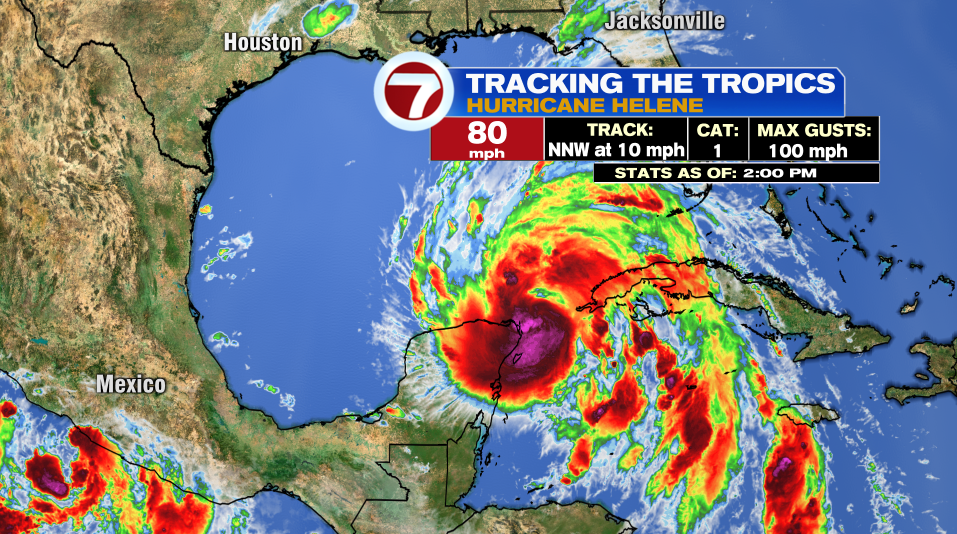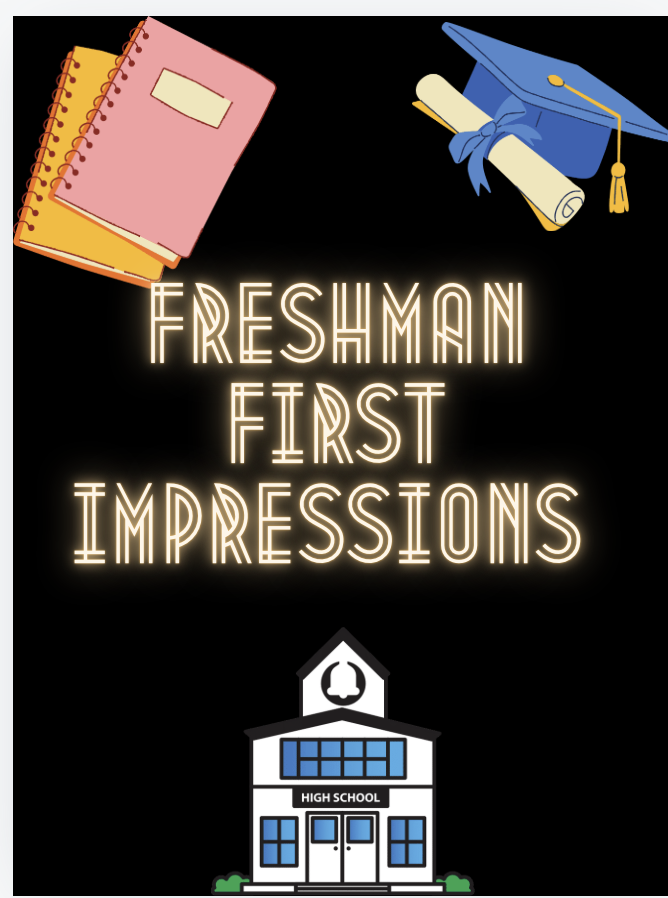Each month, women across the globe prepare for the arrival of their menstrual cycle. One of the many, many inconveniences of periods is forgetting to bring the necessary supplies to school. The usual makeshift solutions, such as using toilet paper, can be extremely uncomfortable. Starting in the fall of the 2024–2025 school year, girls’ bathrooms in New Jersey will be stocked with free pads and tampons to address this common challenge. These products will be added to schools with girls in grades 6–12.
Period poverty, not being able to afford menstrual products, is a prevalent issue around the world. These period products are essential for staying clean and healthy. Without them, many women cannot combat their monthly cycle. Often, this results in women staying home from school or work to avoid dealing with their cycles in a public place.
Poor hygiene during periods can result in Urinary Tract Infections, Toxic Shock Syndrome Yeast Infections, and can negatively affect fertility. According to the American College of Obstetricians and Gynecologists (ACOG), it is important to change your pad or tampon every 4 to 8 hours. This helps prevent infections and odors. In the United States, 16.9 million women who experience monthly menstruation are impoverished. A large percentage of these women cannot afford to change their products at the recommended rate, increasing the risk of serious health issues.
Menstruation is a natural part of being a woman, and initiatives like stocking bathrooms help to break its stigma and normalize conversations surrounding periods. Learning about the biology of menstruation and different period products empowers women and instills confidence in their bodies. It is important that every girl knows what’s happening to her body in order to make smart choices.
Although this initiative is a great step, we still need to work on making sure all girls worldwide have access to menstrual products. Period poverty is a global issue, and everyone—governments, organizations, and communities—should team up to fix it. Let’s create a world where talking openly about periods is normal, and every girl can manage her menstrual health with pride, no matter her financial situation.






